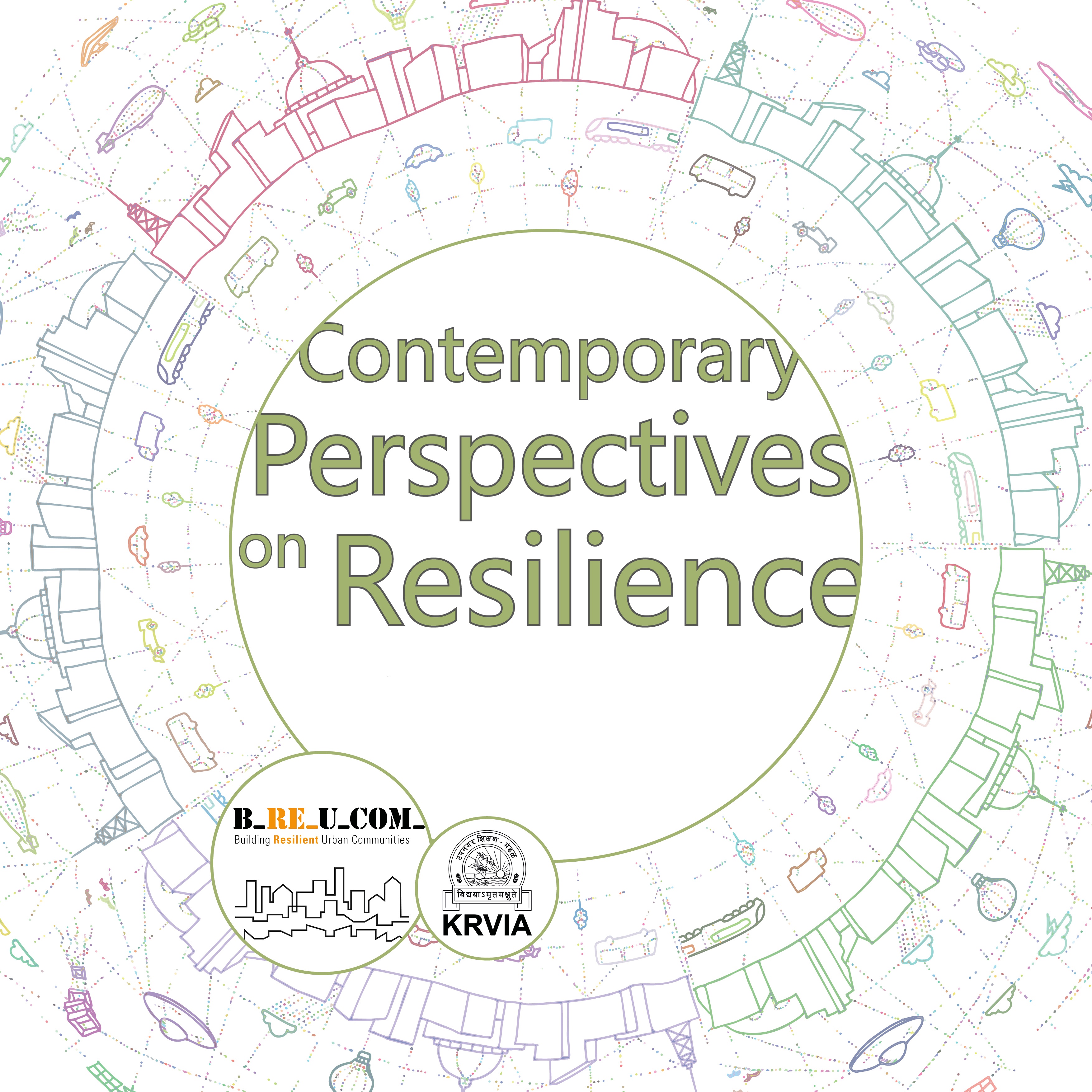Contemporary Perspectives on Resilience
Course Name: Contemporary Perspectives on Resilience
OCW type: PDP
Higher Education Institution: Kamla Raheja Vidyanidhi Institute for Architecture and Environmental Studies (KRVIA), Mumbai

Description of course
Aim: The program titled “Contemporary Perspectives on Resilience” aims to expose the participants to various paradigms of Resilience in modern-day urban settings. These range from Socio-ecological and Cultural aspects, to contemporary definitions of the issue of Resilience.
Course Objectives:
The PDP shall engage with various contemporary perspectives on resilience, with lectures thematized as follows:
- Geographies and Cultural Quarters
- Perceived Cities
- Conservational Resilience.
Learning Outcomes: It is expected that at the end of the PDP, participants are made aware of the implications of the idea of resilience in various aspects of urban planning and design. The overarching intent is to articulate the various relationships that urban systems systems have, that enable resilience in a city.
Course Structure
Course Duration: 20 Hours (spread over 3 day sessions)
Course Frequency: Once a Year
Course Format:
The programme is designed as a series of online lectures by the instructors, followed by a discussion with the participants.
Participants are encouraged to interact with the instructors during the interactive session.
Course Content
Prerequisites for participation:
The participants with a Bachelors degree in Architecture. Participants enrolled in Postgraduate programs in Architecture, Urban Design, Urban Planning, Conservation, or related fields will be given priority. Other applicants with a keen interest in Urban Studies can also apply.
Course Syllabus:
The programme is envisioned as a lecture series, thematized as following:
- Geographies and Cultural Quarters
- Cultural Territories and Resilience
- Resilience in Contested Geographies
- Topographies of Vulnerability- Ecological Resilience Thinking in the Tropics
- Perceived Cities
- Representing Resilience
- Cloud City- Resilience through Networked Geographies
- Sociological and Cultural Perspectives on Resilience
- Conservational Resilience
- Resilience in Cultural Heritage- An Introduction
- Water Resilience in Historic Cities
- Augmenting Resilience in Historic Urban Cores
Course Assignments: Set of Multiple Choice Questions for each theme at the end of each program day.
Expected time spent on course:
Time spent in hours: 12 hours of lectures and interaction
Time spent in ECTS (European Credit Transfer and Accumulation System): < 1 ECTS = 25 hours > 1
Course Grading
Assessment Criteria and Distribution of Marks:
|
Stages & Details |
Percentage of Total Marks |
|
Multiple Choice Questions |
75% |
|
Feedback participation |
25% |
|
Total |
100% |
Course Evaluation
Evaluation Procedure & Criteria:
Deans and Academic advisors evaluate and comment upon the course structure before the course in conducted.
After the course, participant evaluation feedback analysis obtained through ERP is made available to individual faculty.
Faculty Evaluation:
Informal interactions in the studio by way of review of daily progress along with formal evaluation by way of juries as per the above provided course grading.
Student Evaluation:
Standard format by way of a questionnaire is available for the students to suggest their learnings as well as areas in which the course can improve.